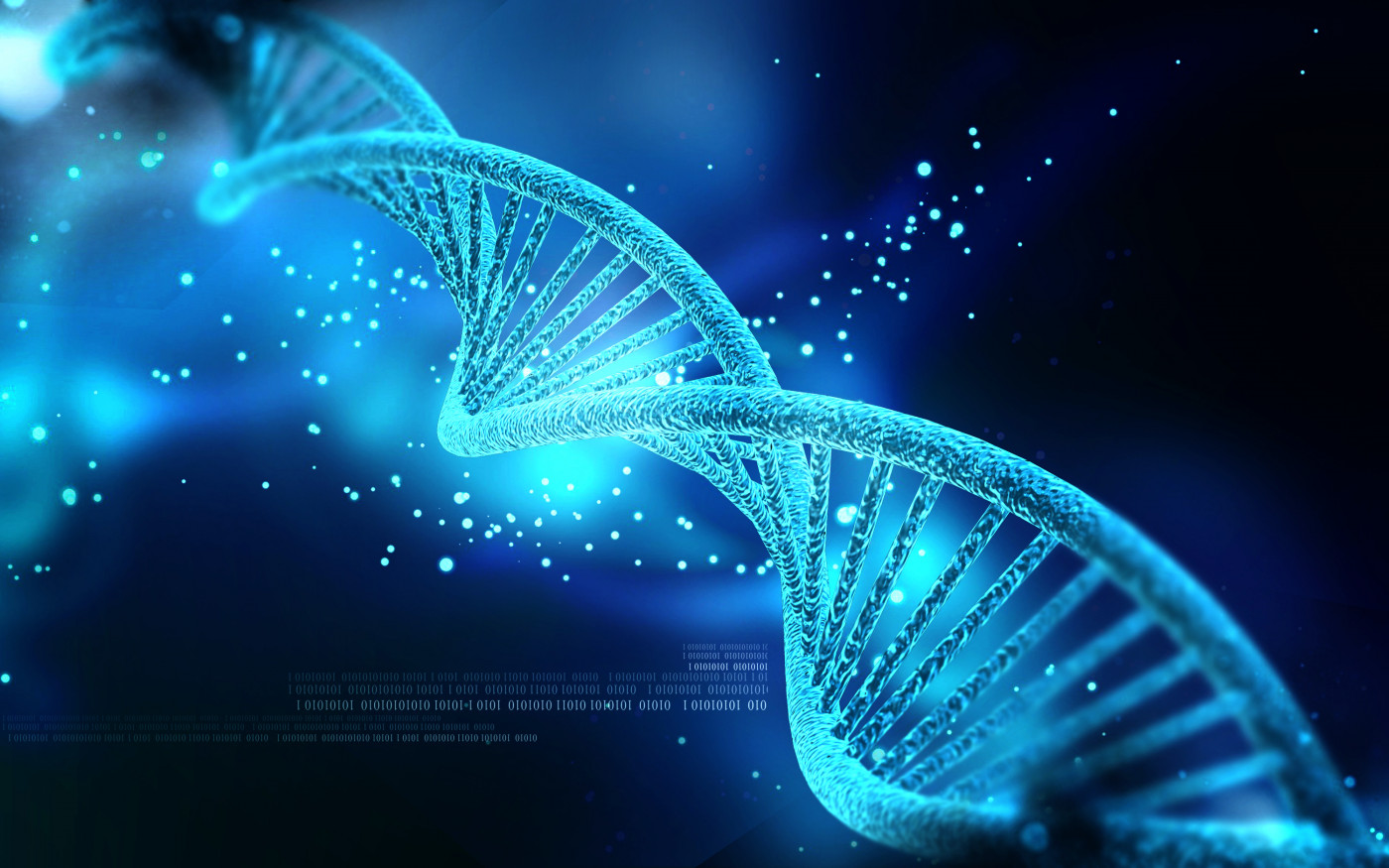Phase 3 Trial of Gene Therapy B-VEC for DEB Expected to Start by June

Krystal Biotech is planning to start a Phase 3 trial of B-VEC, a gene therapy candidate for the treatment of dystrophic epidermolysis bullosa (DEB), by June this year.
“We are pleased to report that our manufacturing batch has been cleared for the upcoming B-VEC Phase 3 pivotal study,” Krish S. Krishnan, chairman and CEO of Krystal Biotech, said in a press release. “We are presently on track to start the pivotal study in the first half of 2020, barring any COVID-19 delays.”
The company will also present results from its Phase 1/2 GEM-1 trial (NCT03536143) of B-VEC treatment for DEB at the Society for Investigative Dermatology (SID) Annual Meeting Virtual Confererence on May 13–16. The presentation, “In vivo correction of dystrophic epidermolysis bullosa by direct cutaneous COL7A1 gene replacement: results of Phase 1/2 trial,” will be given by Peter Marinkovich, MD, associate professor of dermatology at Stanford University.
B-VEC (bercolagene telserpavec), previously known as KB103, uses a modified, harmless form of the herpes simplex virus to deliver a functional version of the COL7A1 gene directly to skin cells. The therapy seeks to restore the production of type VII collagen, a crucial protein for skin integrity that is missing in DEB patients.
The GEM-1 trial evaluated if topical treatment with B-VEC safely and effectively promotes skin healing in people with DEB.
Final data showed that nine out of 10 skin wounds treated with B-VEC fully healed within an average of 17.4 days. The therapy was well-tolerated with repeated dosing and did not cause inflammation.
Krystal also intends to start organizing commercial plans for a potential future global launch of B-VEC, supported by its two gene therapy facilities.
In addition to DEB, the company is developing gene therapies for other genetic diseases. One such condition is autosomal recessive congenital ichthyosis (ARCI), caused by mutations in the TGM1 gene, which affects the proper formation of the skin barrier and leads to lifelong skin scaling.
Krystal’s KB105 gene therapy for ARCI works in a similar way as B-VEC, using a harmless virus to deliver a functional TGM1 gene directly to the skin cells of patients.
Preliminary results of a Phase 1/2 trial (NCT04047732) evaluating the efficacy and safety of KB105 to treat ARCI will also be presented at the SID annual meeting. Over the coming months, the company plans to expand the trial to children.
Another condition the company is focusing on is cystic fibrosis (CF), which is caused by mutations in the CFTR gene and leads to the build up of a thick mucus in various organs, including the lungs, pancreas, liver, and intestines.
Krystal is developing a gene therapy called KB407 to treat CF. Preclinical results for KB407 will be presented this month at the American Society of Gene & Cell Therapy 23rd Annual Meeting, taking place online from May 12–15.
“In 2020, we anticipate treating patients across three different clinical trials for skin diseases and conditions and remain committed to developing our pipeline to ensure that that we can translate its potential into treatments for patients affected by severe diseases,” Krishnan said.






